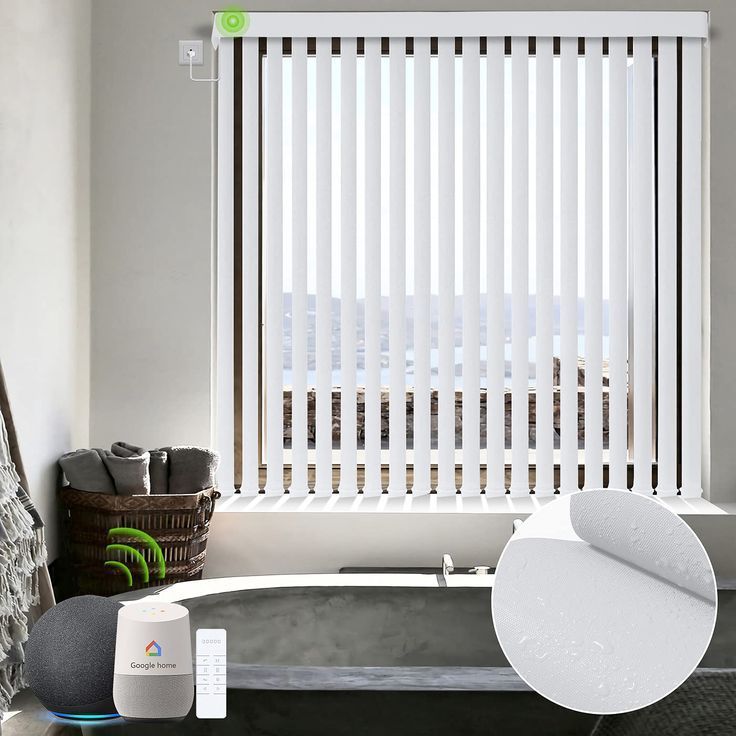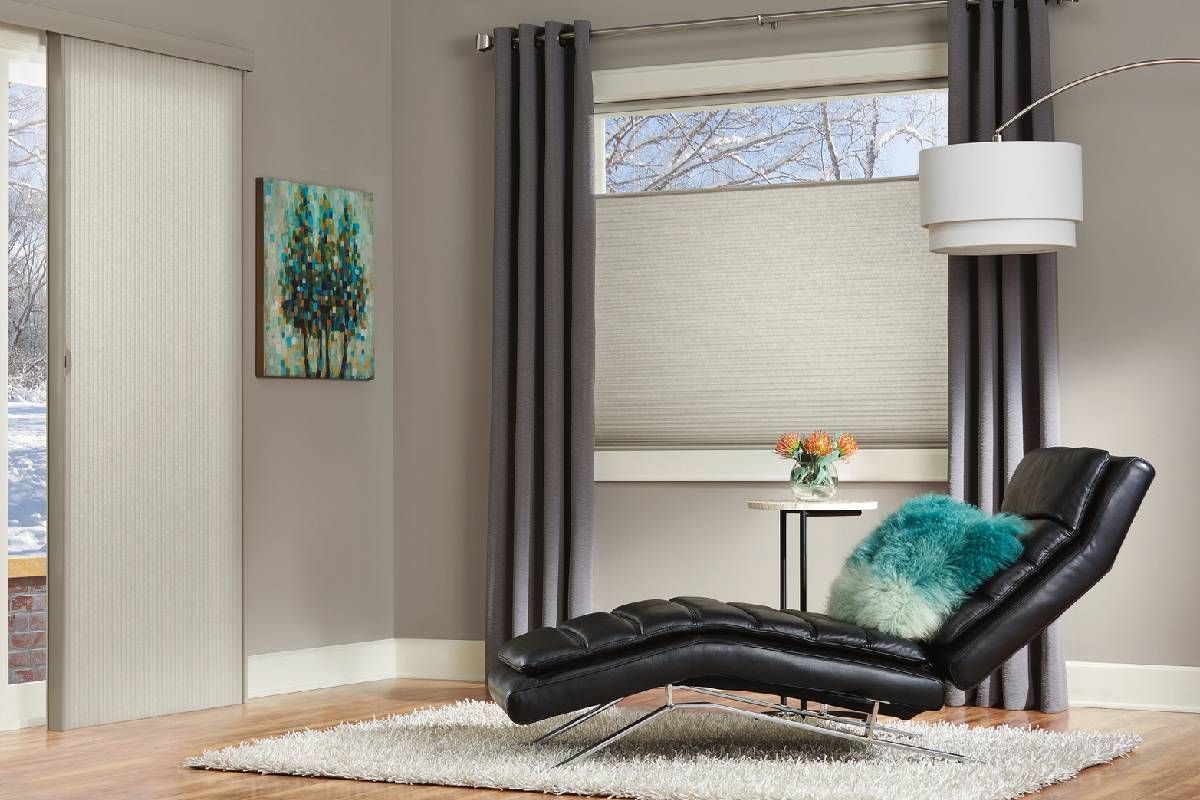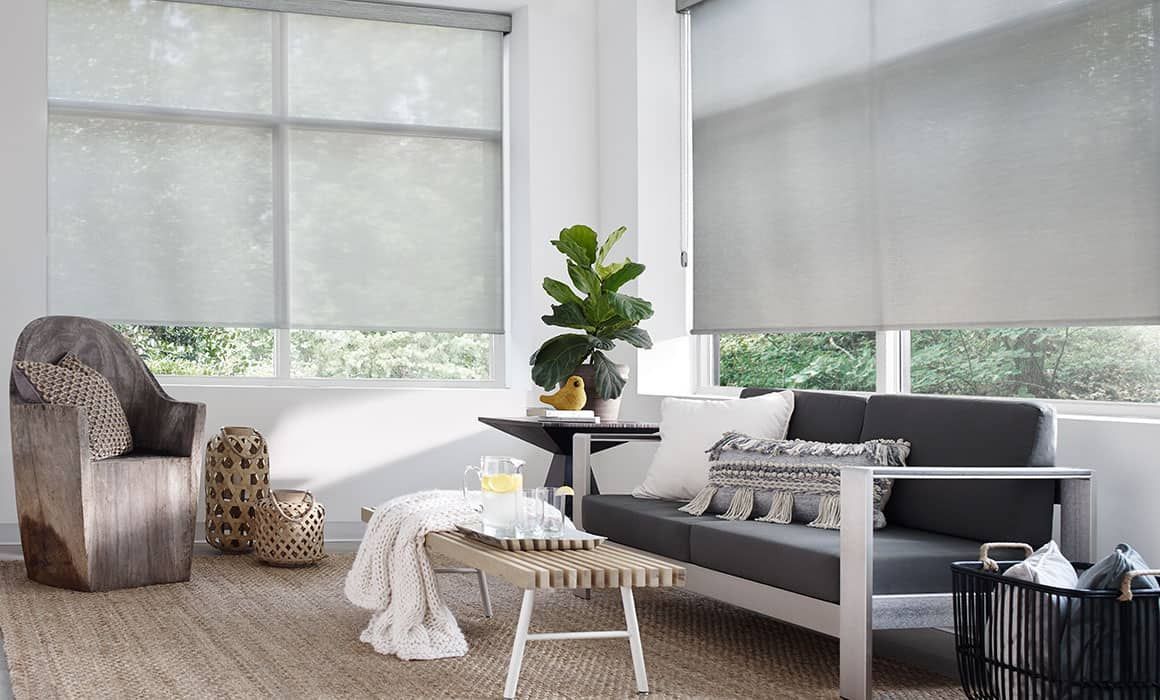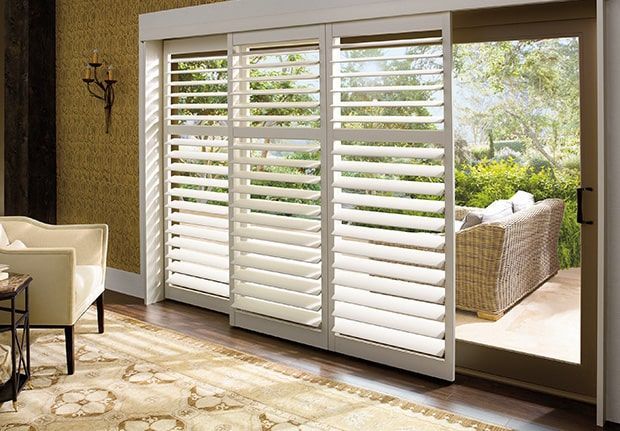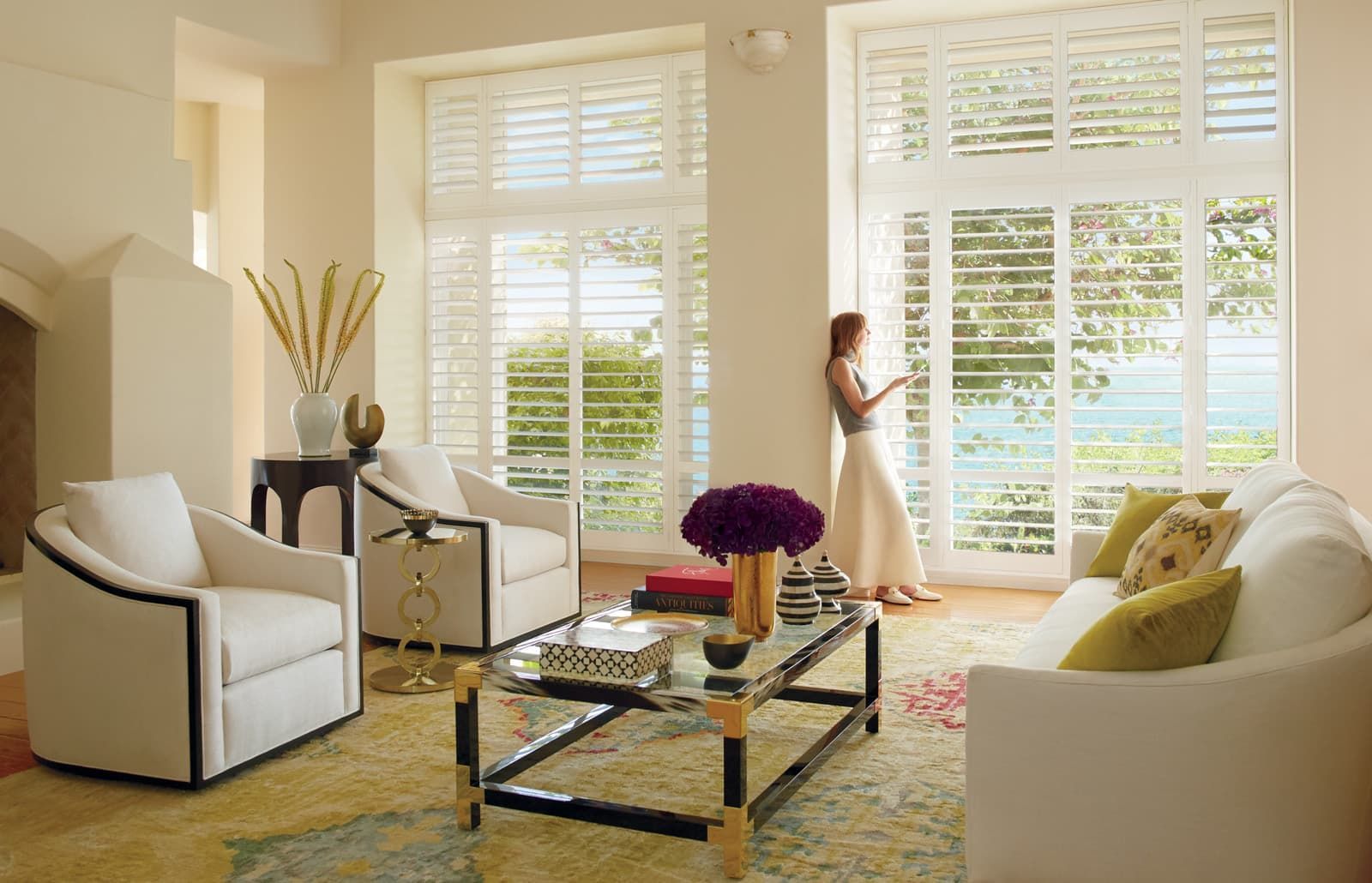Can Motorized Window Treatments Be Retrofitted to Existing Shades or Shutters?
Imagine being able to open your shades or shutters with a simple voice command or the touch of a button. For many, this level of convenience and luxury is synonymous with modern living. But if you’ve already invested in high-quality window treatments, does upgrading to motorization mean starting from scratch? Not necessarily. Retrofitting motorized features to existing shades or shutters is an innovative solution that bridges the gap between traditional window coverings and smart home technology.
What Does Retrofitting Motorized Window Treatments Mean?

Retrofitting motorized window treatments involves adding automation features to your existing shades or shutters rather than replacing them entirely. This process typically includes installing a motorization kit designed to integrate with your specific type of window covering. Unlike purchasing new motorized window treatments, retrofitting allows you to preserve the aesthetic and functionality of your current setup while adding modern convenience.
To better understand this concept, it's important to know the difference between motorized and automated window treatment, as these terms are often used interchangeably but have distinct meanings in practice.
This option is particularly appealing to those who want to embrace smart home technology without discarding perfectly good shades or shutters.
Benefits of Retrofitting Existing Shades and Shutters

Cost-Effectiveness
Retrofitting is generally more affordable than replacing all your window coverings with new motorized ones. By reusing what you already have, you save money while achieving similar results.
Eco-Friendly Solution
Upgrading your current shades or shutters reduces waste, making retrofitting an environmentally conscious choice. You’re not only saving money but also contributing to sustainability.
Maintaining Aesthetic Appeal
If you’ve chosen shades or shutters that perfectly complement your decor, retrofitting allows you to keep that look intact. There’s no need to compromise style for functionality.
How Can You Retrofit Motorized Features to Existing Window Coverings?

Retrofitting motorized features is more straightforward than you might think. Here’s an outline of the typical process:
- Evaluate Compatibility: Check if your current shades or shutters are suitable for motorization. Roller shades, Roman blinds, and plantation shutters are often good candidates.
- Choose the Right Kit: Motorization kits are available for various window treatment types. Options range from battery-operated systems to hardwired solutions, depending on your needs.
- DIY vs. Professional Installation: While some kits are designed for easy DIY installation, others may require professional assistance to ensure proper alignment and functionality.
- Test and Configure: After installation, configure the motorized system to work with remote controls, wall switches, or smart home integrations.
Types of Window Treatments Suitable for Motorization
Roller Shades

Roller shades are one of the easiest window coverings to motorize due to their straightforward mechanism. Many motorization kits are specifically designed for this style.
Roman Blinds

Roman blinds can also be retrofitted, although care must be taken to ensure the fabric folds operate smoothly with the added motor.
Plantation Shutters

Plantation shutters can be upgraded with tilt motorization, allowing you to adjust the angle of the louvers effortlessly.
Limitations

Some older or heavily customized window treatments may not be compatible with retrofitting. Consulting a professional can help determine feasibility.
Key Considerations Before Retrofitting

Smart Home Compatibility
Ensure the motorization kit is compatible with your existing smart home ecosystem, whether it’s Amazon Alexa, Google Home, or Apple HomeKit.
Power Source
Decide between battery-operated and hardwired motorization options. Battery-operated systems are easier to install but may require periodic battery replacements.
Budget Planning
Factor in the costs of the motorization kit, potential professional installation fees, and any additional accessories required.
Costs of Retrofitting Motorized Window Treatments
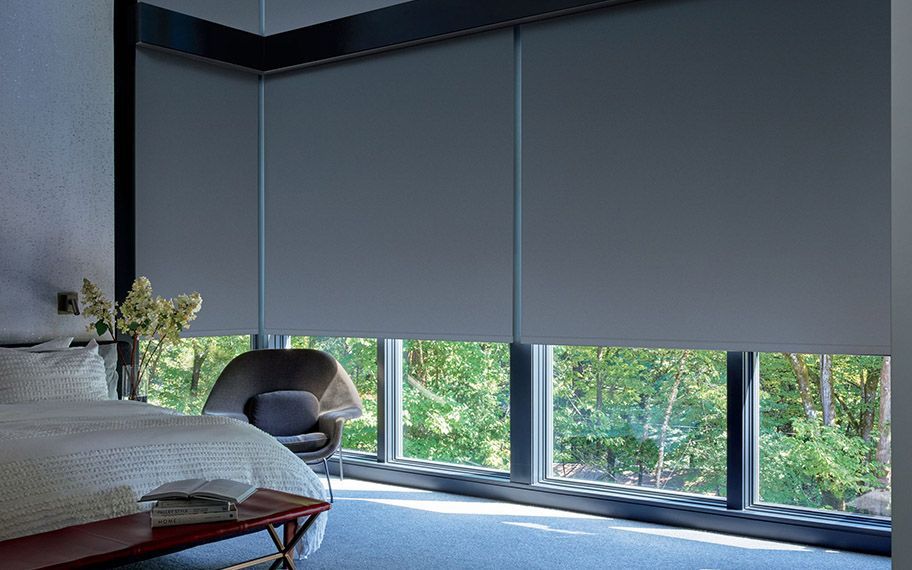
The cost of retrofitting can vary widely based on the type of window treatment and the motorization kit chosen. Here’s a general breakdown:
- Basic Kits: $50 - $150 per window
- Advanced Smart Systems: $200 - $500 per window
- Professional Installation: $100 - $300 per window (if required)
In comparison, replacing existing treatments with new motorized ones can cost upwards of $1,000 per window.
Pros and Cons of Retrofitting vs. Replacing

When Retrofitting Is Ideal
- You’re happy with the look of your current window treatments.
- Your budget is limited.
- You want an eco-friendly solution.
When Replacing May Be Better
- Your current window treatments are outdated or damaged.
- You require advanced motorization features not supported by retrofitting kits.
- You’re redesigning your space and need a new aesthetic.
Smart Home Integration with Motorized Window Treatments

Retrofitted shades and shutters can integrate seamlessly with smart home ecosystems, enabling control via voice commands, smartphone apps, or automated schedules, similar to remote-controlled roller shades that provide effortless convenience. Popular platforms include:
- Amazon Alexa: Voice control and routines.
- Google Home: Integration with other smart devices.
- Apple HomeKit: Advanced privacy and security features.
These integrations enhance convenience and energy efficiency, allowing you to control light and temperature effortlessly.
Conclusion
Retrofitting motorized window treatments to existing shades or shutters is a cost-effective, eco-friendly, and stylish way to bring your home or office into the smart technology era. By evaluating your options, choosing the right motorization kit, and integrating it with your smart home system, you can enjoy the convenience of automated window coverings without replacing what you already love.
AREAS WE SERVE
Asheville NC - Bermuda Run NC - Black Mountain NC - Boonville NC - Burnsville NC - Canton NC - Cashiers NC - Clemmons NC - Clyde NC - Cullowhee NC - Elkin NC - Hamptonville NC - Hendersonville NC - Jonesville NC - Kernersville NC - King NC - Lake Glenville NC - Lewisville NC - Marion NC - Mount Airy NC - Sylva NC - Waynesville NC - Weaverville NC - Yadkinville NC

